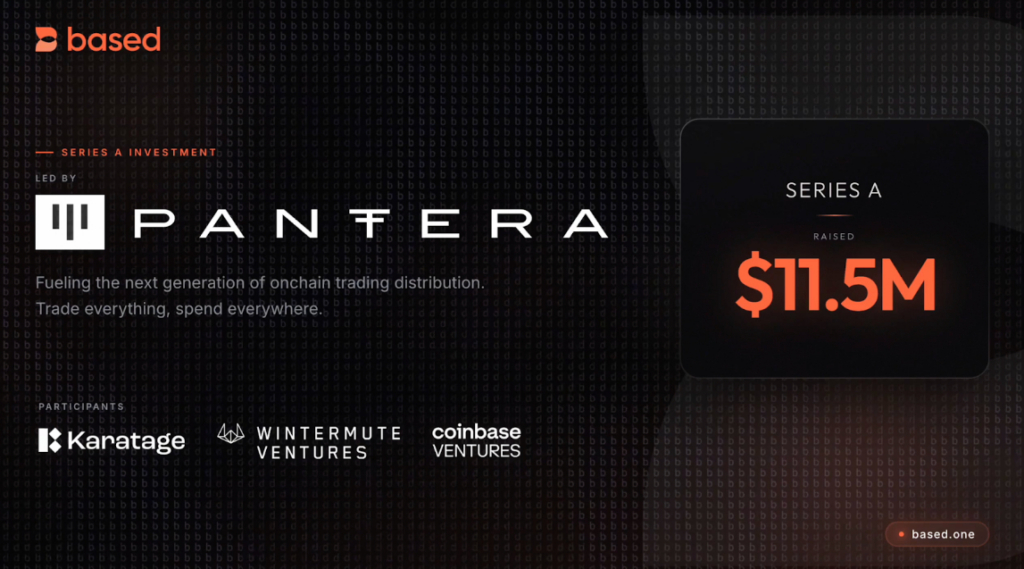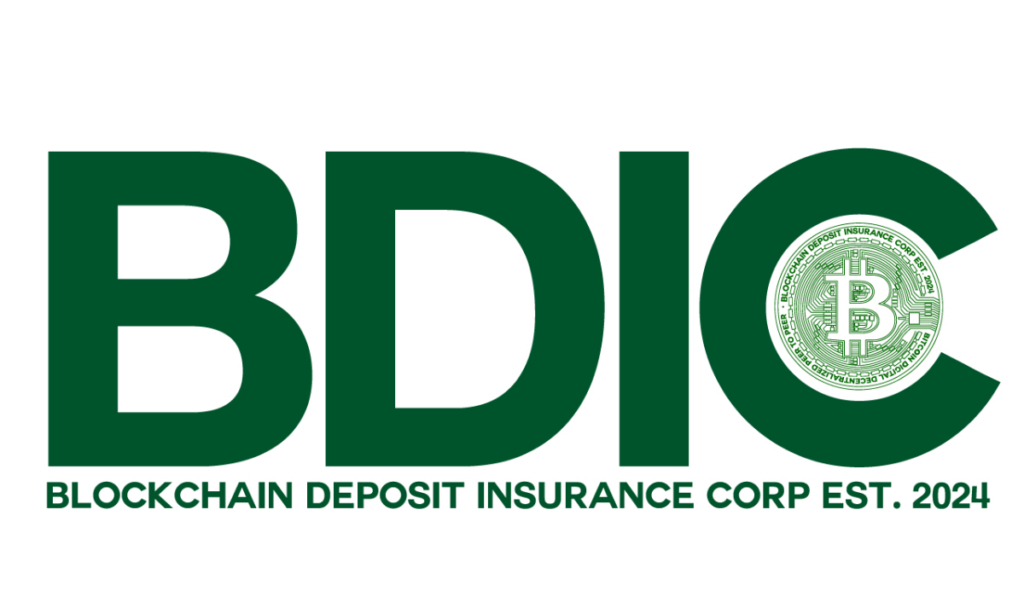According to a Bloomberg report, Nigeria is attempting to advance digital asset trading in the country. But like some Asian countries, it is distinguishing between digital assets, which can be broadly defined and may include central bank digital currencies (CBDCs), non-fungible tokens (NFTs), privately issued stablecoins, and cryptocurrencies.
The Nigerian Securities and Exchange Commission (SEC) Director-General, Lamido Yuguda, has joined other regulators, including those in South Korea, in attempting to clarify the distinction between digital assets and virtual currencies or cryptocurrencies.
Yuguda stated that the country will encourage investment in “sensible digital assets” with investment protection — without providing further details.
According to Bloomberg, the SEC will also investigate blockchain technology to advance virtual and traditional investment products.
According to Bloomberg, he added that the commission is currently avoiding digital currencies.
Although cryptocurrencies are not explicitly prohibited in Nigeria, the Central Bank of Nigeria has instructed banks not to engage in or with entities involved with cryptocurrencies, as well as to close the accounts of those involved in crypto transactions.
Nonetheless, Nigerians are the most curious about cryptocurrencies in the world, and they are also among the most prolific crypto users.
However, the IMF has stated that Africa’s growing crypto markets require better regulation, and that widespread use of crypto could undermine the effectiveness of monetary policy and threaten macroeconomic stability.
Nigeria has been at the forefront of CBDC innovation, as the country was the first in Africa to launch its own CBDC, the eNaira, in October 2021.
The Nigerian regulator joins Singaporean, Hong Kong, and South Korean market regulators in attempting to define what assets are classified as “digital assets.”
A digital asset is “anything of value whose ownership is represented in a digital or computerized form,” according to the Monetary Authority of Singapore, and it is referred to as crypto assets when deployed on the blockchain.
The Hong Kong Securities and Futures Commission (SFC) defines “virtual assets” as digital representations of value that can take the form of digital tokens, virtual commodities, crypto assets, or other assets of similar nature.



